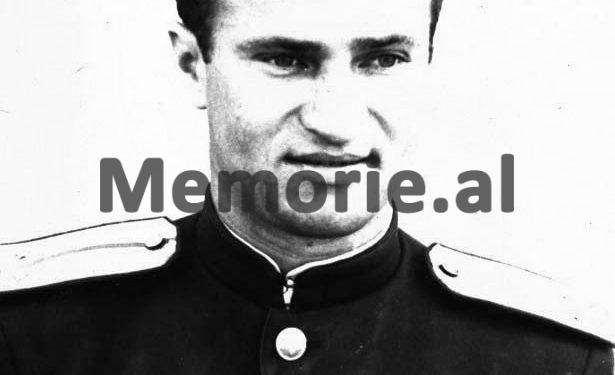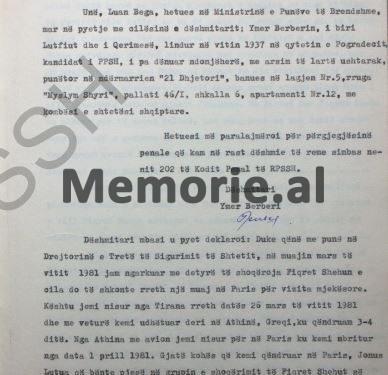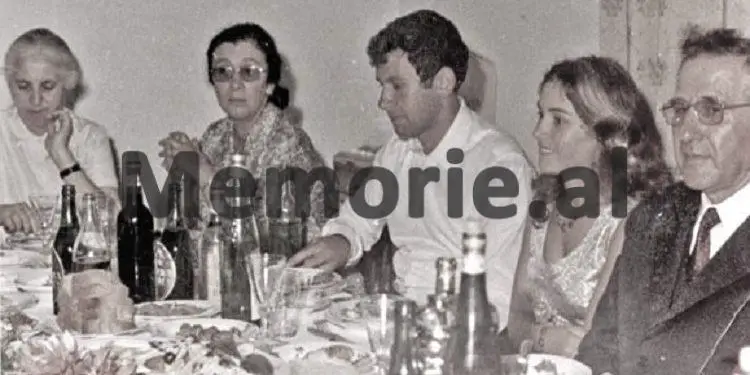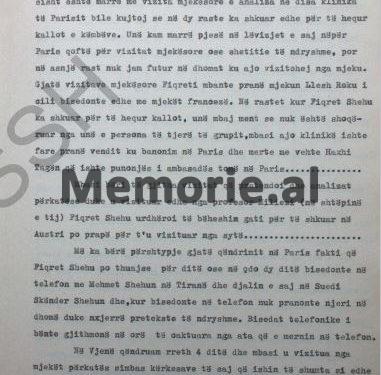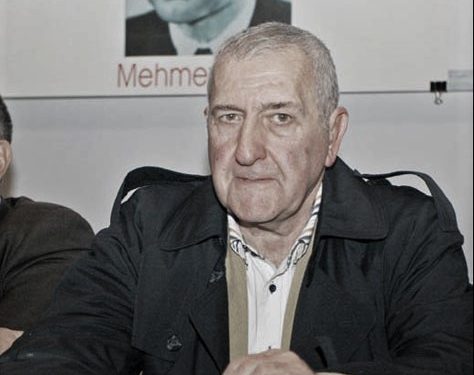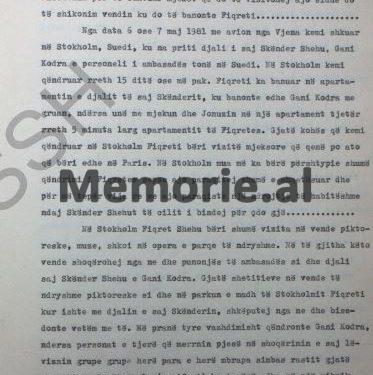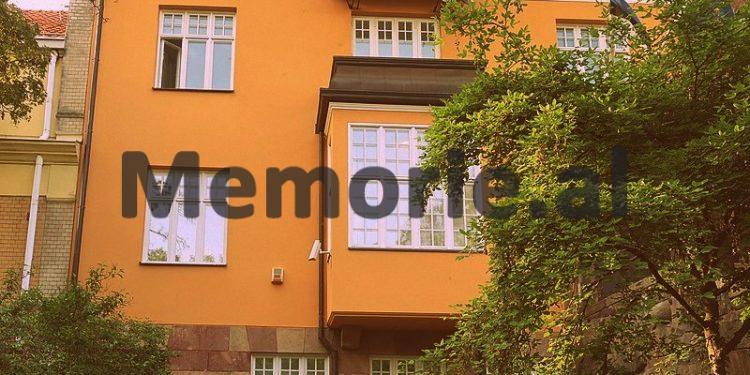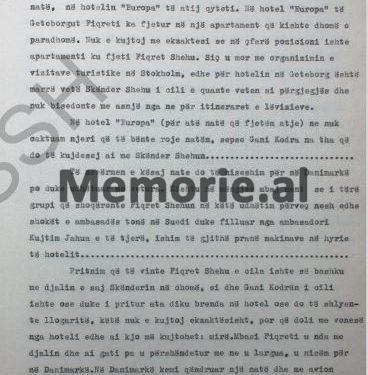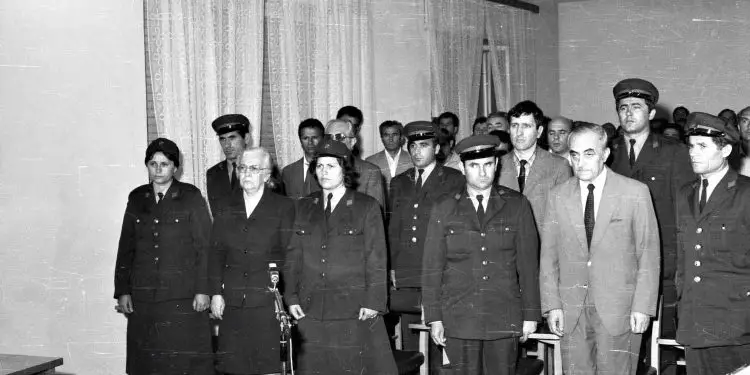By Dashnor Kaloçi
Part twenty-eight
Memorie.al / Exactly 43 years ago, on the morning of December 18, 1981, the Albanian Prime Minister Mehmet Shehu, who had held that position since 1953, was found dead in his bedroom (according to the official version, from a bullet from a pistol) in the villa where he lived with his family, at the entrance of the “Block” of the high leadership of the Albanian Party of Labor, just a few meters from the building of the Central Committee of the Albanian Party of Labor and also from Enver Hoxha’s villa. Although more than four decades have passed since that day, considered one of the most serious and notorious events of that regime, there is still no clear and accurate version regarding what happened to the former Albanian Prime Minister Mehmet Shehu on the night leading to December 18, 1981! However, even after the 1990s, dozens of testimonies and archival documents have been made public regarding that event, “the murder or suicide of Mehmet Shehu,” which continues to be the subject of numerous debates and discussions, even wrapping it further in mystery around the truth.
Based on this fact, in the context of publishing dozens of testimonies and files with archival documents from the secret fund of the former State Security and the Ministry of Internal Affairs, or the Central Committee of the Albanian Party of Labor, which we have published over the decades since the collapse of Enver Hoxha’s communist regime and his successor, Ramiz Alia, Memorie.al has secured the voluminous file “of the enemy Mehmet Shehu,” which has been extracted from the secret fund of the former State Security at the Ministry of Internal Affairs (now part of the fund of the Authority for Information on the Documents of the former State Security), where, with a few minor exceptions, most of them have never seen the light of publication and are made public for the first time in full.
In the mentioned file, there are the relevant facsimiles, the expert report of the investigative-operational group that was set up immediately on the morning of December 18, 1981, led by Koço Josifi (head of the Investigative Directorate of the Ministry of Internal Affairs of Tirana), the forensic doctors Dr. Fatos Hartito and Docent Bashkim Çuberi, the prime minister’s doctors, Milto Kostaqi and Llesh Rroku, as well as the criminalist expert from the Central Criminalistic Laboratory of the Ministry of Internal Affairs, Estref Myftari, assisted by high officials of that ministry, Xhule Çiraku, Elham Gjika, and Lahedin Bardhi.
Also, in the voluminous file that we are making public, there are testimonies from the family members of former Prime Minister Mehmet Shehu, from the service personnel, and his escort group, as well as from all other individuals who were summoned and testified about that event. Moreover, the documents in question, which we are publishing along with the facsimiles and relevant photos, provide more information regarding this matter.
However, even though we are dealing only with archival documents, it should be emphasized that; knowing how that system operated before the ’90s, we cannot claim absolute truth regarding what is written there, as not only from the individuals who provided their testimonies, but also from the investigators of this case, it has been made known that the testimonies were obtained under pressure, intimidation, and physical and psychological violence, with some investigators going so far as to write them themselves while the witnesses or defendants merely signed them.
Continued from the previous issue
MINUTES OF THE INTERROGATION OF YMER BERBERI, BRANCH CHIEF IN THE DIRECTORATE OF POLITICAL INTELLIGENCE OF THE STATE SECURITY, (ATTACHED TO THE MINISTRY OF FOREIGN AFFAIRS), BY THE INVESTIGATOR OF THE MINISTRY OF INTERIOR, LUAN BEGA
MINUTES
(TESTIMONY)
Tirana, December 25, 1982.
I, Luan Bega, investigator at the Ministry of Interior, am questioning Ymer Berberi, son of Lutfi and Qerime, born in 1937, in the city of Pogradec, candidate of the PPSH (Party of Labors of Albania), never convicted, with a military higher education, worker at the “21 Dhjetori” enterprise, residing in Neighborhood No. 5, Myslym Shyri Street, Building 46/1, Staircase 6, Apartment No. 12, of Albanian nationality and citizenship.
The investigator warned me about the criminal responsibility I have for false testimony, based on Article 202 of the Penal Code of the People’s Socialist Republic of Albania.
WITNESS
Ymer Berberi
After being questioned, the witness declared: While I was working in the Third Directorate of State Security, in March 1981, I was instructed to accompany Fiqret Shehu, who would go to Paris for about a month for medical visits. Thus, we set off from Tirana around March 26, 1981, and drove by car to Athens, Greece, where we stayed for 3-4 days. From Athens, we flew to Paris, where we arrived on April 1, 1981.
During our stay in Paris, Jonuz Lutua, who was part of the group accompanying Fiqret Shehu, along with me, Llesh Rroku (a doctor), and Farije Koçiu, told me that he had booked tickets to also go to Austria and Sweden, but Fiqret Shehu had not decided yet if she would go to these places.
While I stayed in Paris, Fiqret Shehu primarily underwent medical visits and analyses at several clinics in Paris. I recall that on two occasions, she even went to have corns removed from her feet. I participated in her movements around Paris, whether for medical visits or various walks, but on no occasion did I enter the rooms where she was being seen by the doctor. During medical visits, she had Dr. Llesh Rroku with her, who also spoke with the French doctors.
In the instances when Fiqret Shehu went to have corns removed, I recall that I was not accompanied by her or other group members, since that clinic was very close to where we resided in Paris, and she took Haxhi Taga, who was an employee of our embassy in Paris, with her. After completing all the visits, she wanted and the relevant analyses, also seeing Professor Miliezi (at his house), Fiqret Shehu ordered us to get ready to go to Austria, again for eye examinations.
During our stay in Paris, I was struck by the fact that Fiqret Shehu spoke on the phone every day or every other day with Mehmet Shehu in Tirana and her son in Sweden, Skënder Shehu. When she spoke on the phone, she did not allow anyone in the room, using various excuses. She always made the phone calls at specific times set by those who were calling her.
In Vienna, we stayed for about 4 days. After being visited by the respective doctors as per her numerous requests, just like in France, Fiqret Shehu ordered us to head for Sweden after she spoke with Tirana. In April, when we were in Paris, I, along with Dr. Llesh Rroku, traveled from Paris to Stockholm, Sweden, to discuss the appointment of doctors who would examine her as well as the place where Fiqret would stay.
From May 6 to 7, 1981, we traveled from Vienna to Stockholm, Sweden, where we were greeted by her son, Skënder Shehu, Gani Kodra, and the staff of our embassy in Sweden. We stayed in Stockholm for about 15 days or less. Fiqret resided in the home of her son Skënder, where Gani Kodra and his wife also lived, while I stayed in another apartment with the doctor and Jonuz, about 5 minutes away from Fiqret’s apartment.
During our stay in Stockholm, Fiqret had medical visits, similar to those she had in Paris. In Stockholm, I was particularly struck by Fiqret’s demeanor, as she appeared very anxious, and furthermore, I noticed that she exhibited a strange shyness towards Skënder Shehu, to whom she submitted for everything.
In Stockholm, Fiqret Shehu made many visits to picturesque places, museums, attended the opera, and visited various parks. At all these places, she was accompanied by us and the embassy staff, as well as her son Skënder Shehu and Gani Kodra. During walks in various scenic locations, as well as in the large park of Stockholm, Fiqret, when with her son Skënder, would step away from us and converse only with him.
Nearby was always Gani Kodra, while the other participants in her escort moved in groups, sometimes ahead and sometimes behind, as the situation called for during the walk. In the outskirts of Stockholm, we also had a picnic and visited the city of Uppsala. As far as I remember, on May 21, Fiqret Shehu set off to return to Albania, but returning from Denmark.
We traveled to Denmark by car, leaving Stockholm in the morning, and stayed in the city of Gothenburg, where we slept at the “Europa” Hotel of that city. At the “Europa” Hotel in Gothenburg, Fiqret stayed in an apartment that had a room and a living room. I cannot recall exactly what position the apartment that Fiqret slept in was.
Just as he was responsible for organizing the tourist visits in Stockholm, Skënder Shehu also took care of the hotel in Gothenburg, considering himself the one in charge, and did not discuss the itinerary of movements with anyone else in our group. At the “Europa” Hotel, (for the night we stayed there), we did not assign anyone to act as a night guard, because Gani Kodra told us that he would take care of it along with Skënder Shehu. The next day, we would head to Denmark, traveling by car.
Thus, in the morning, I remember that the entire group accompanying Fiqret Shehu on this trip, apart from us and our embassy colleagues in Sweden, starting from the First Secretary of the embassy, Kujtim Jaho, and others, were all near the cars at the entrance of the hotel. We were waiting for Fiqret Shehu, who was with her son, Skënder, in the room, as well as Gani Kodra, who was either waiting for them somewhere inside the hotel or settling accounts; I don’t recall exactly, but I do remember that he came out late from the hotel.
After Fiqret parted with her son, and he almost left without saying goodbye to us, we set off for Denmark. In Denmark, we stayed one night and flew to Rome, and from there to Tirana, around May 26 or 27, 1981.
As I have said, these statements are true, and since I read them and find them written correctly, I sign my name/Memorie.al
Witness: Investigator:
Luan Bega Ymer Berberi
To be continued in the next issue.




